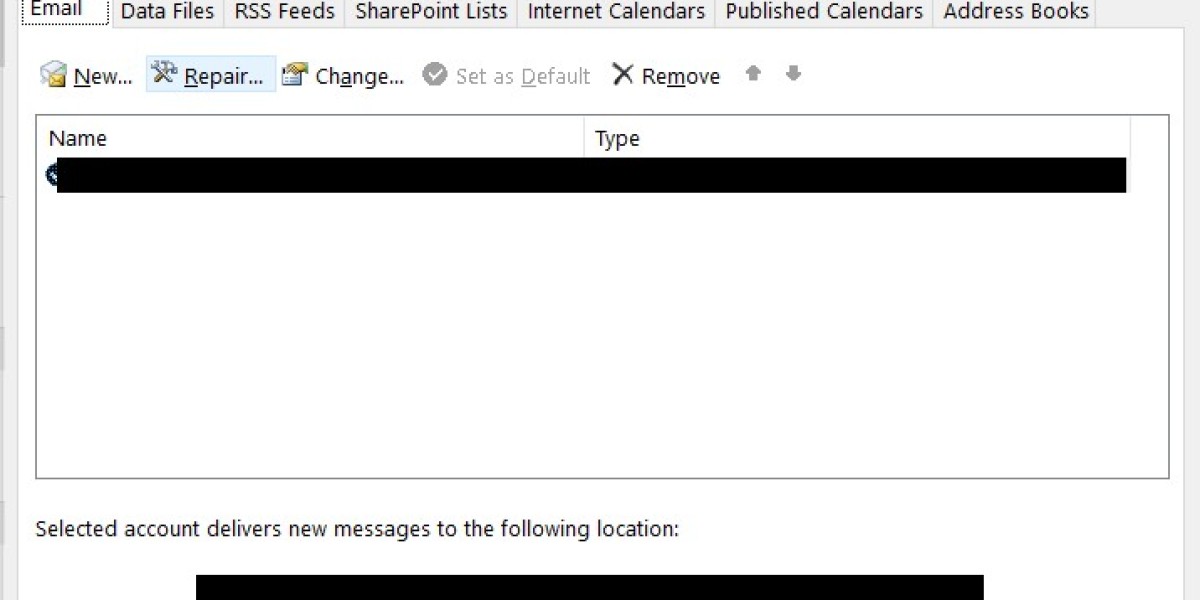The American Bankers Association (ABA) appreciates the opportunity to discuss the Consumer Financial Protection Bureau's (Bureau) interim final rule (IFR) affecting the treatment of particular COVID-19 related Loss Mitigation Options under RESPA and Reg. X. ABA values the Bureau's understanding of the intricate issues facing mortgage customers and servicers during the COVID-19 pandemic and the Bureau's effort to provide temporary services that facilitate servicer options to help pandemic-affected customers. ABA thinks that the IFR provides an effective balance of customer defenses and servicer versatility, which will benefit both customers and industry significantly.

Summary of the Comment:
ABA highly supports the IFR's arrangements that modify Regulation X to permit mortgage servicers to offer temporarily particular loss mitigation choices without acquiring a complete loss mitigation application. These temporary accommodations will significantly help servicers by solving regulatory doubts concerning the application of Regulation X to post-forbearance procedures, and they will considerably reduce problems associated with requirements to process total loss mitigation applications for loan deferrals. Given the high volumes of loans that are currently in COVID-related forbearances, we believe the advantages of this guideline are considerable.

In addition, the explanations in the IFR will get rid of a lot of the lingering compliance uncertainties surrounding Government Sponsored Enterprise (GSE) programs that feature streamlined application treatments.2 Because other mortgage financiers and insurance providers have actually revealed similar loss mitigation choices, and considering that extra main and secondary market entities are most likely to use GSE designs as design templates for their own COVID forbearance programs, we think this IFR will have a robust favorable effect on markets and consumers.

However, ABA recommends additional modifications to the IFR that will further assist customers and servicers throughout this unmatched time and better attain the Bureau's objectives. We go over these recommendations below.
Additional Recommendations:
First, 12 CFR 1024.41(c)( 2 )(v)(B) offers that a servicer does not need to send a loss mitigation application recommendation letter or comply with the affordable diligence responsibilities to help a borrower complete an application" [o] nce the customer accepts a deal made pursuant to" the IFR. While ABA completely supports the Bureau's objective of reducing concerns on servicers throughout these unsure times and believes this is wholly proper under the scenarios, we do not think the rule, as composed, will have the designated effect. Many, possibly most, of the discussions where a servicer examines and offers a deferral strategy will be considered a loss mitigation application pursuant to Regulation X, which would normally activate the requirement to send a recommendation letter within 5 organization days. Following these discussions, servicers can not wait to see if the customer accepts the deferral offer before figuring out whether it needs to satisfy the acknowledgment letter requirements. Practically speaking, it would appear that the only time in which the interim final rule would enable a servicer to pass up the recommendation letter requirements is if the customer is permitted to, and in turn does, accept the deferment deal on the initial phone call with the servicer. To attain what we presume to be the Bureau's intent, ABA suggests that the Bureau shift the recommendation letter timeline to five company days after a debtor declines any deferment offer.

Second, in order to qualify as a deferral under the IFR, a servicer should "waive [] all existing late charges, penalties, stop payment fees, or comparable charges quickly upon the customer's acceptance of the loss mitigation choice." As composed, it appears that servicers should waive all of these quantities, even if the charges or charges were accumulated or assessed long before the COVID-19 pandemic. For example, a borrower could have a late cost from 2018 that is outstanding. However, in order to receive this alternative under the IFR, the servicer will need to agree to waive that charge.
ABA thinks that needing the waiver of any amounts that were accumulated or assessed pre-COVID is unreasonable, approximate, and will likely work as a substantial deterrent to offering a deferral plan. ABA prompts the Bureau to clarify that the waiver applies just to amounts accumulated or evaluated as a result of a payment that was not paid since of a monetary hardship due, straight or indirectly, to the COVID-19 emergency.
Additionally, the expression "similar charges" in the IFR is uncertain and is generating significant confusion in the market. ABA asks the Bureau to consider removing this expression or, in the option, clarify it. ABA presumes that the Bureau did not plan for this arrangement to require servicers to waive 3rd party costs that are usually permitted to be passed onto borrowers-expenses such as residential or commercial property assessment charges, residential or commercial property conservation fees, foreclosure lawyer fees, and so on. At a minimum, ABA respectfully demands that the Bureau think about clarifying that the provision does not cover these types of expenses/charges.
ABA Responses to Specific Requests for Comment:

The Bureau is particularly thinking about whether the amendments appropriately stabilize supplying versatility to servicers to provide relief quickly during the COVID-19 emergency with providing crucial securities for debtors participated in the loss mitigation application process, such as securities from foreclosure.
ABA believes that the Bureau has appropriately well balanced consumer protection and operational effectiveness. ABA agrees with the Bureau's evaluation that extra versatilities are suitable during the amazing scenarios provided by the COVID-19 emergency. The structured application treatments stated in the IFR help guarantee that servicers have the resources to deal with the exceptionally a great deal of debtors that will exit forbearances in the coming months. The rule properly balances these structured processes with customer defenses. The special payment deferral programs advanced by the Federal Housing Finance Agency (FHFA) and other entities will allow qualified debtors to prevent the threat of losing their homes, and allow them to resume repaying their mortgage loans without incurring a delinquency or extra charges or interest, and the programs offer options on how to pay back the forborne amount that servicers have postponed. This interim guideline assures that the consumer advantages and protections meant by these nationwide programs are efficiently ensured as a condition to any regulative advantages offered.
The Bureau also looks for talk about whether to require written disclosures for this, or any comparable exceptions that the Bureau might authorize in the future.

Most lending institutions memorialize the deal with an offer letter to the borrower. This letter is a simple and concise confirmation of the loss mitigation solution and testimony that the payments delayed will lead to the forborne quantities being due at refinance, sale, or reward of the loan. ABA would not advise a short-term offer disclosure as an additional requirement during disasters or emergencies. This requirement would increase the concern and slow the relief the servicer is offering to their borrowers. In addition, it may confound the consumer with unwanted forms at a demanding point at the same time.
The Bureau likewise seeks comment on whether the Bureau ought to extend the exception established in new § 1024.41(c)( 3 )(v) to other post-forbearance loss mitigation alternatives offered to debtors impacted by other types of disasters and emergency situations.
ABA believes the benefits managed under this IFR must be expanded to other post-forbearance loss mitigation choices developed to eliminate COVID-affected customers and likewise to customers impacted by other types of disasters and emergencies. The VA, USDA and FHA provide feasible loan modification alternatives, such as improve adjustments, that are not covered under this exemption, too other Fannie Mae and Freddie Mac loss mitigation options, such as Flex Mods. Our company believe these choices are all useful to the customer and should be offered in an efficient and structured way throughout this emergency situation and other disasters and emergency situations.
These other modification alternatives would not qualify under the interim rule primarily because of the restriction on interest accrual on postponed payments and the requirement that the covered amounts need to be paid back at the end of the loan term. We see no legitimate factor to leave out these valuable COVID-19 programs from the menu of alternatives offered to customers based upon an insufficient loss mitigation application. Some customers will not get approved for the payment deferment choices, and extra choices will be essential to assure relief for all customers.
ABA advises that the Bureau customize the criteria under 1024.41(c)( 2 )(v)(A)( 2) so that the relief provided by the rule can be used for other kinds of loss mitigation services. This little clarification would significantly expand customer choices that are essential throughout the COVID-19 pandemic in addition to other catastrophes and emergencies.
The Bureau has no reason to believe that the extra flexibility offered to covered individuals by this interim last rule would differentially affect customers in backwoods. The Bureau requests comment regarding the effect of the amended provisions on consumers in rural locations and how those impacts may differ from those experienced by customers usually.
ABA does not see the requirement for extra flexibility in the IFR for servicers in rural areas.

Conclusion:
ABA values the opportunity to talk about this proposition. If you have any concerns about the material of this letter, please contact Sharon Whitaker at 202-663-5321 or Rod Alba at 202-663-5592.







